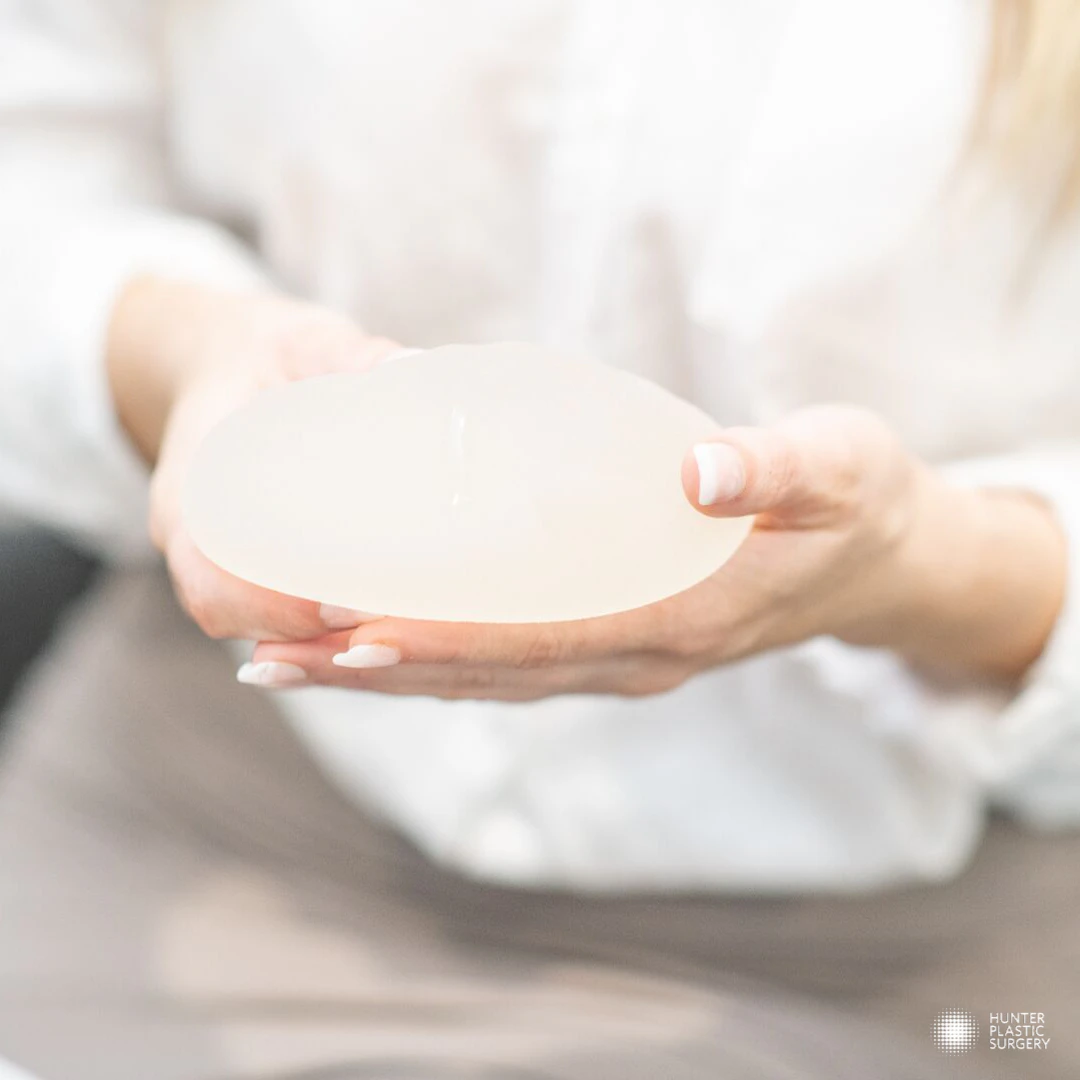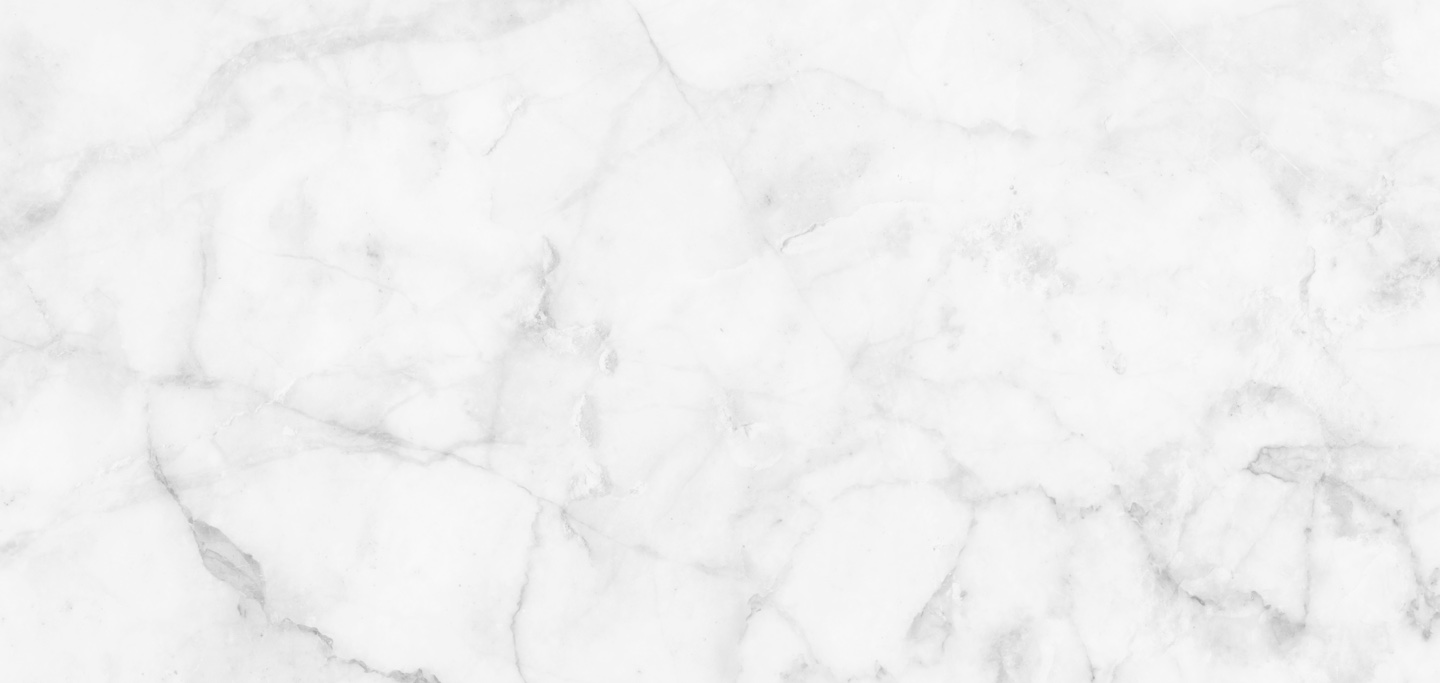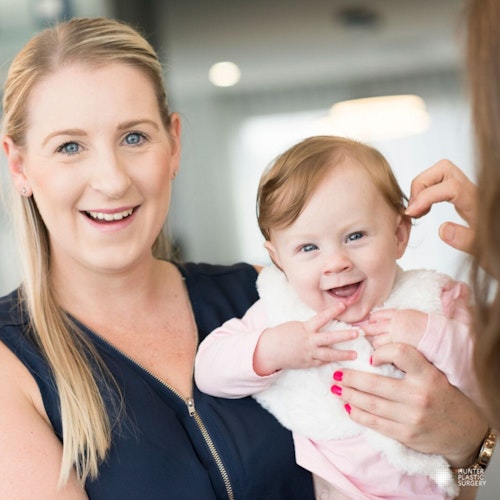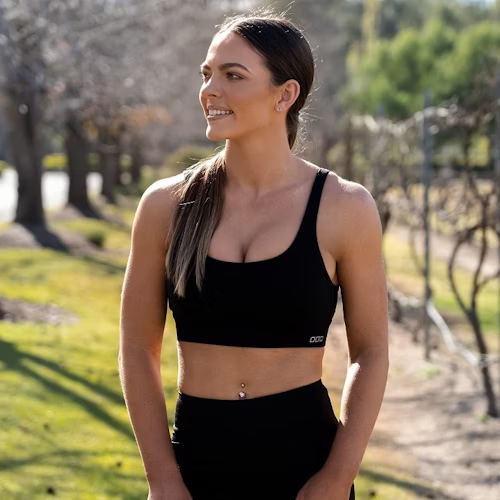You may be aware of some recent media on the safety of breast implants.
These concern the incidence of a rare form of lymphoma called Anaplastic Large Cell Lymphoma (ALCL), and in this article we will give you the most current information available to help you understand ALCL and any action you may consider taking.
Later in the article we also outline the evidence and issues around what is known as breast implant illness (BII).
First of all – ALCL is very rare
It has has occurred in less than 1000 cases of the estimated 35 million women with implants worldwide. The most accurate data at present shows that risk of this rare type of lymphoma varies from 1:2,000 up to 1:36,000 depending upon the type of textured surface. It should also be noted that ALCL is not a breast cancer, which is a separate disease and impacts around 1 in 8 women regardless of whether they have implants or not.
What causes ALCL?
While research is ongoing, it is believed that Anaplastic Large Cell Lymphoma is related to bacterial biofilm contamination of implants that occurs during implant insertion. And more heavily textured implants, such as some Allergan macro textured implants, have higher risks as the texture is believed to allow for more bacteria.
Dr Moncrieff’s technique is aimed at preventing the formation of biofilm and he has demonstrated this by committing to the Macquarie University 14 point plan to reduce infection risk. The site includes a register of those who have committed to this plan, including Dr Moncrieff.
He also uses only micro-textured or smooth implants (more on this below), to further reduce risk.
Your consultation is an opportunity to discuss all risks associated with surgery including the choice of implant and the steps your surgeon takes to avoid bacterial contamination of the implant at time of surgery.
What implants do we use?
You can be assured that we use implants from the world’s leading implant manufacturers. Ours are Mentor implants. Mentor implants are backed by a 10 year guarantee and have a demonstrated safety record and have been shown in the ALCL research (including the November 2019 paper analysing all Australian cases to date) to have amongst the lowest rates of implant-related complications at less than 1 in 36,000 risk. The Mentor implants we use are microtextured (1:36,000 risk) or smooth, not macrotextured (1:2000 risk).
Why do we use micro textured implants?
- The reason Dr Moncrieff generally uses micro textured implants is because they provide better shape, lift, feel and longevity than a smooth, round implant can provide.
- They also have lower rates of capsular contracture (a hardening of the capsule your body forms around an implant).
- We do not use the heavily (macro) textured Silmed or Allergan implants that have been featured in the media as being higher risk and are subject to recalls overseas. A small number of these implants were chosen for select patients prior to 2016. If you are concerned, please contact us on the link below and we can confirm your implant type.
What are the signs of ALCL?
It is generally observed in women 7-10 years after their surgery and often presents as swelling or a lump.
How is ALCL treated?
Of the 104 cases reported in Australia, the TGA has advised that the vast majority of cases were cured by removal of the implant and the capsule surrounding the implant.
Are you concerned about a change in your breast?
All women, regardless of whether they have implants or not, should be doing monthly self-examinations of their breasts and mammograms/ultrasounds regularly after the age of 40. Information about mammograms with implants is available here and you must make sure the radiographer is aware you have implants before the procedure.
If you are concerned about your breast implants, particularly swelling or hardening, then please immediately seek medical advice from your GP or if you had your surgery here, please contact us on 4920 7700. The first step is generally an ultrasound to investigate the source of swelling, which in most cases is not related to ALCL.
We should also highlight that breast implants are typically replaced every 10-15 years, although many women will have them for longer.
What about the government’s action on this issue?
More details are available from the Government’s Therapeutic Goods Administration which reviewed this issue over the last few years.
They announced in September 2019 the suspension of some highly textured implants, that did not include the types of implants we offer which remain approved by the TGA but obviously require surgeons to outline the risks of implant use.
What does this mean for our patients?
If at a later date the TGA does suspend micro textured implants, Dr Moncrieff can offer smooth round implants (which are not subject to the TGA’s investigations as they don’t have any reported ALCL cases) or patients may prefer options such as lifts with fat grafting.
For women who already have textured implants TGA has stressed that as ALCL is a rare disease there is no need to remove them unless other medical issues warrant it.
Please see above about the steps if you have any concerns about your implants, especially unexplained swelling.
What about breast implant illness?
Recent media has also featured reports of various illnesses which women with implants have attributed to those implants. At this stage there is limited evidence to show their implants are linked to these issues, as the same rates of those complaints such as lethargy, UTIs, colds etc, are found in women of similar ages who do not have implants as highlighted in the Sydney Morning Herald article in March 2019. Research to try to determine if there is a clinical link between implants and these symptoms is ongoing.
What is already proven is that complications associated with breast implants such as capsular contracture can make patients feel unwell or cause pain, so removal of the implants and capsule will generally make those patients feel healthier.
For more information, you can read the statement from the Australasian Society of Aesthetic Plastic Surgeons and Australian Society of Plastic Surgeons here which highlights that breast implants are medical devices and that women should seek medical advice before making decisions to remove them.
Do we remove breast implants?
Of course! In cases of medical complications or at the request of patients, Dr Moncrieff can remove implants and lift the remaining tissues. More about breast implant removal (explant) is here and our blog about all your options for revision (including removal and/or replacement is here).



